Tzvi Hersh Weinreb and Stephen Savitsky Wed. Nov 07, 2007
People often ask us why we, as leaders of a largely North American Jewish organization,should take such a deep and personal interest in the fate of Jerusalem, a city nearly 6,000miles away. It's a fair question: Why should we care whether Jerusalem is divided into Jewish and Arab zones?
The answer is simple: Jerusalem is not an ordinary city to Jews. King David made it his
capital 3,000 years ago and since then Jerusalem has been both the spiritual and political
capital of the Jewish people. From the point when Abraham came to Moriah, which later was the site of the holy Temples and the Sanhedrin, Jerusalem has had an irrevocable,unchallenged and unbroken claim as the center of Jewish life, faith and history.
Jewish law and custom reinforce the bond with Jerusalem. Across continents and over
centuries, Jews turned in prayer three times daily toward Jerusalem. Even in Israel itself, and even in other holy cities — Hebron, Tiberias and Safed — the Jew always prays facing Jerusalem. In grace after meals, we implore God to rebuild Jerusalem. We remember Jerusalem at our holiest moments of the year — at the conclusion of Yom Kippur services and the Passover Seder. The beginning and the end of the wedding ceremony includes reminders of Jerusalem's destruction, and many believing Jews leave a portion of their homes unpainted or unfinished, as if to say, until Jerusalem is rebuilt, our own homes can not be complete.
But though many foreign capitals conquered Jerusalem, only one people — the Jewish
people — maintained its allegiance to the city. Other faiths built their spiritual citadels in
Rome, Mecca and Medina. But Jews, even with thriving communities in other lands and
other capitals, have always longed for only one place and only one city — Jerusalem.
Jerusalem was lost to the Jordanian Legion in an intense battle. Despite international
assurances under the armistice, Jews were barred entry to the Old City, denied worship at the Western Wall, Judaisms holiest site, and denied access to the cemeteries on the Mount of Olives and Mount Zion.
Jordanians pillaged and ravaged Jewish sites throughout the Old City, using gravestones for latrines and roads. Synagogues and houses of worship were vandalized and turned into chicken coops; slums were built up against the Western Wall. Not even a decade after Kristallnacht, Torah scrolls and Jewish holy books were once again burned, this time in the city of peace.
From 1948 until 1967, the Mandelbaum Gate, a Middle Eastern Berlin Wall, bisected the city, and the streets were filled with tank traps and barbed wire. Jerusalem was the frontline of the Arab war against the Jews, and Jewish residents endured continuous mortar fire and sniper attacks.
After Israeli paratroopers liberated the Old City and reunited its eastern and western
neighborhoods in 1967, the city was restored and improved, and its religious diversity was once again allowed to flourish. The city's economy is now vibrant, its history on full display and its security largely unquestioned.
Today, diplomats in both Israel and faraway capitals think that a re-division of Jerusalem and the forced introduction of international overseers over the citys religious institutions would pacify the region. These diplomats may be well-meaning, but they are naïve and dangerously wrong — such divisions never have worked, and international protection of religious sites also never work — especially when those sites fall into Muslim hands, as Hindus, Christians, Buddhists and Jews have seen firsthand. As frequent visitors to the city, we find the prospect of a re-divided Jerusalem foolish — such a city would be less prosperous, less free and less safe.
As Jews, we are required to defend and rebuild Jerusalem, and if we do not take a stand
now, history — and we believe God Himself — will judge us poorly. We must take action
today, because never in 40 years since its reunification has the city faced such an existential threat as it does today, when internationally sponsored talks are aimed at re-dividing the city.
We owe Jerusalem, Jewish history and those who died hoping for a rebuilt Jerusalem more than just our prayers. We pledge to keep this most unique and special place on earth unified, secure and free to all.
Rabbi Tzvi Hersh Weinreb and Stephen Savitsky are, respectively, the executive vice
president and the national president of the Union of Orthodox Jewish Congregations of
America.
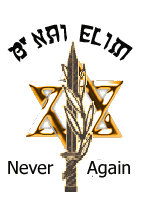














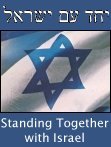

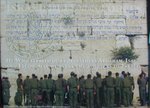

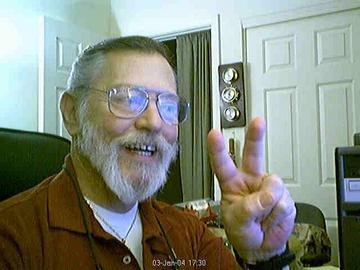






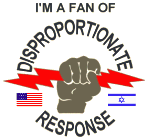





 While doing IDF (Israel Defence Forces) reserve duty on a mountain overlooking the
While doing IDF (Israel Defence Forces) reserve duty on a mountain overlooking the 

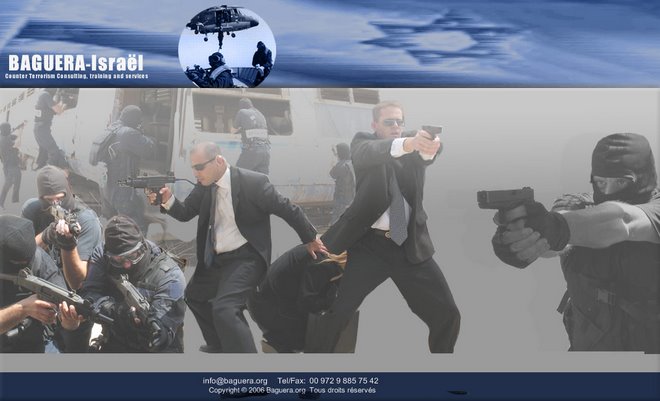



No comments:
Post a Comment